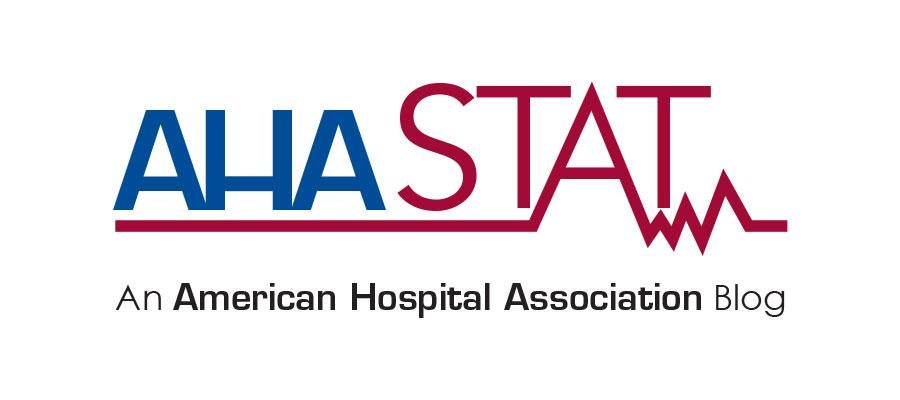Setting the Record Straight: Latest Arnold Ventures-funded Study Draws Many Faulty Conclusions, Including Incomprehensibly Linking Hospital Prices to Increased Suicides

Last week, several academics released a working paper saying hospital prices lead to employment losses outside the health sector, among other faulty conclusions. The study uses extremely limited and disparate data and, unsurprisingly, was funded by Arnold Ventures, offering yet another example of that group’s willingness to back even the sloppiest work as long as it paints hospitals in the most negative light. The flaws in this study are best illustrated by the authors’ assertion that hospital price increases lead to increases in suicide. That preposterous claim undermines their entire analysis.
The authors’ approach to their economic arguments is, in a word, odd. First, they start with the hypothesis that rising hospital prices lead to job loss. They then link job losses generally to increased risk of suicide. And yet, during the study period, employment increased – both overall and even more so in the health sector. However, the authors explicitly chose to exclude health sector jobs, including the 6.4 million employees who work in hospitals. They also say nothing about how spending on hospital care supports millions of other jobs in the economy, including food services, child care, housing, and retail needs of these millions of workers and their families.
Worst of all, however, is their effort to link suicide rates with hospital pricing. Quite frankly, it is unconscionable given the lengths hospitals go to every day to save people who have attempted or are at risk of taking their own life.
Hospitals and health systems know as much as anyone about the scourge of suicide in this country. Across the country, people in acute psychiatric distress (including children) are getting stuck in hospital emergency departments because there isn’t the space or the workforce available to care for them earlier or in the appropriate alternative setting. The emotional and physical toll of caring for these patients is incredibly hard on hospitals’ teams.
To be clear: Hospital prices do not cause suicide. No single thing does. Indeed, the hospital is – or should be – a place of last resort for individuals in need of ongoing psychiatric care. And hospitals are the only part of the health care system that are open 24 hours a day, 7 days a week to be there when needed, regardless of whether someone has insurance or the ability to pay.
We wish we did not have to make such an obvious point, but the weakness of this research compels us to. Perhaps Arnold Ventures should have directed this funding to research on how to reduce suicide rather than a shoddy attack on those who treat behavioral health problems every day.

